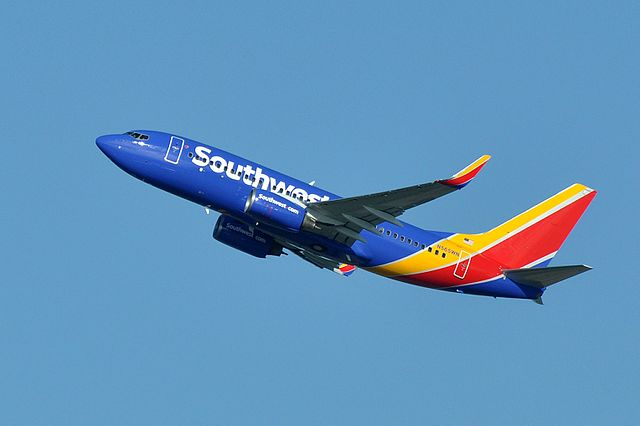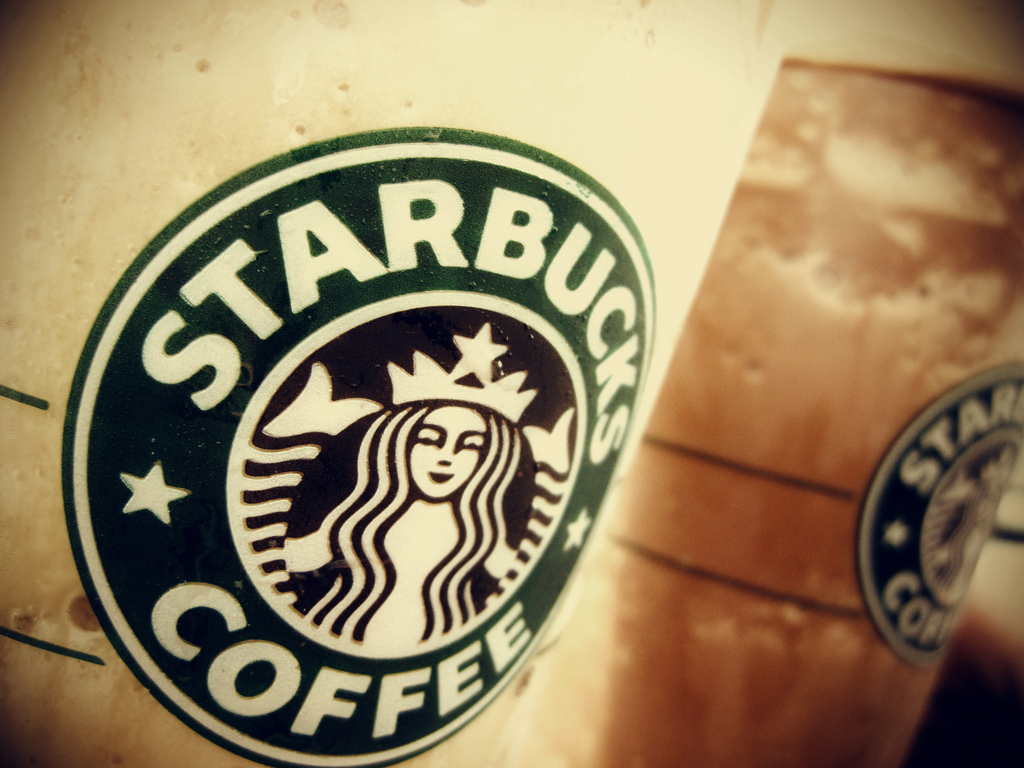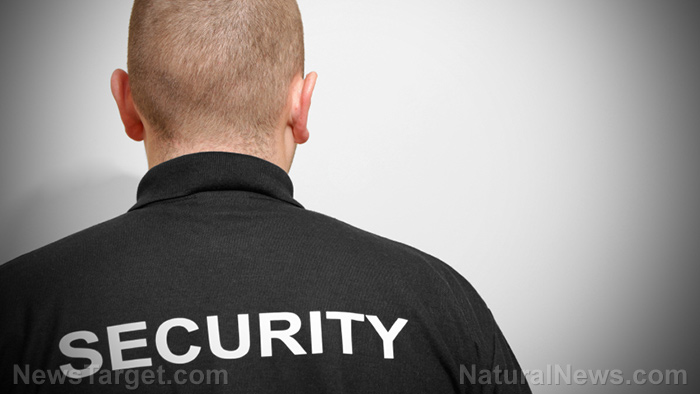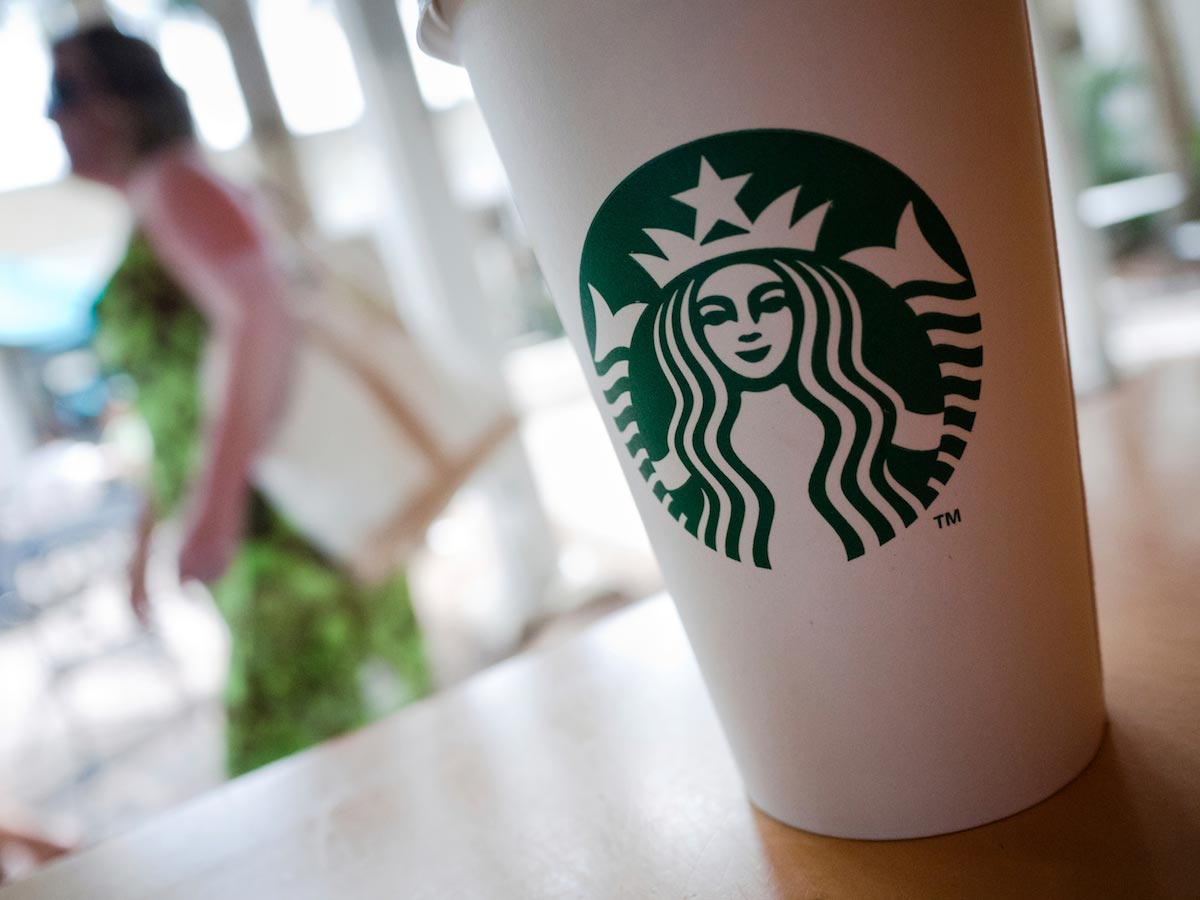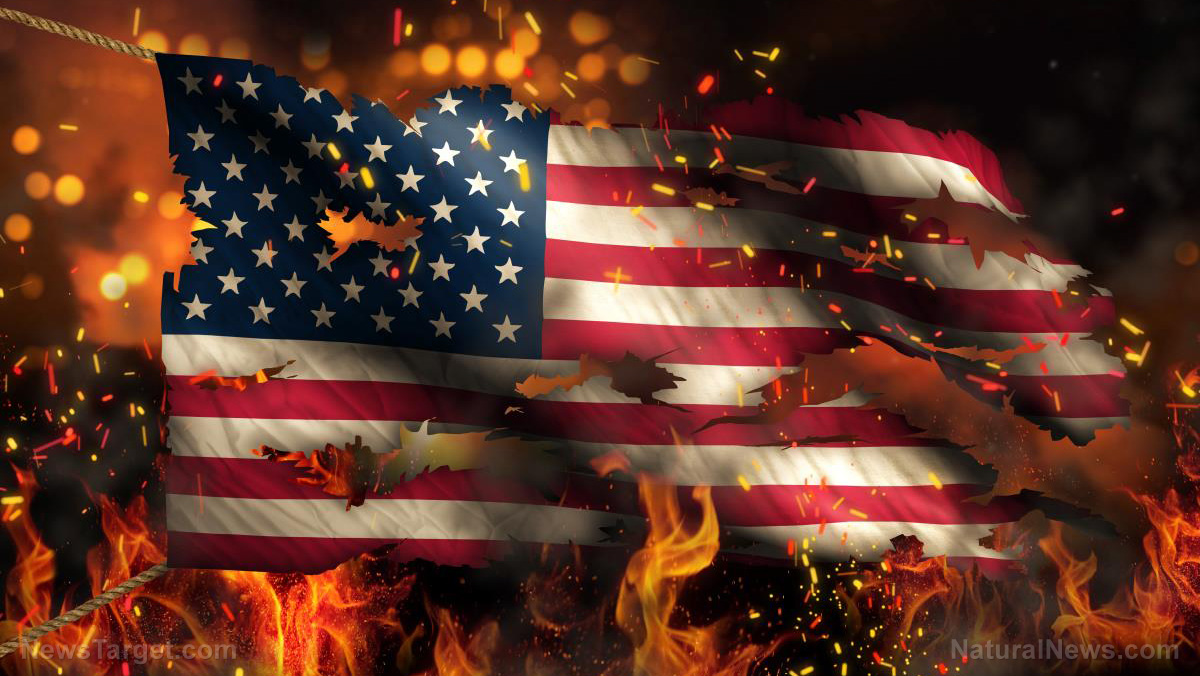Former Starbucks regional manager awarded $25.6 million after jury determined she was fired because she was white
06/15/2023 / By Arsenio Toledo

Starbucks has been ordered to pay $25.6 million to Shannon Phillips, who a jury determined had been fired because she’s White. Phillips was a former regional manager responsible for dozens of Starbucks outlets in Pennsylvania.
The case stemmed from a 2018 incident, wherein two Black men in their 20s were awaiting a third party for a business meeting at a Starbucks in the Rittenhouse Square neighborhood in Philadelphia’s city center. One of the individuals, Rashon Nelson, was denied permission to use the restroom because neither he nor his companion had purchased anything. (Related: Biden, Dems, left-wing media keep repeating lie about “white supremacy” being the biggest threat: Here’s why.)
A store employee then asked Nelson and his companion, Donte Robinson, if they required any assistance. The pair declined. The police arrived shortly thereafter after having been summoned by Starbucks staff, and the two were handcuffed and escorted from the store.
The arrests prompted national uproar. Footage of Nelson and Robinson being led out of the store by police officers in handcuffs were viewed millions of times in a viral video on Twitter, sparking mass outcry and protests in front of the Rittenhouse Square outlet.
The arrests also sparked roundtable discussions about the state of racism in retail, Starbucks itself was levied with many more allegations of racism and Philadelphia was accused of racism in its policing and public safety policies. No charges were filed against Nelson and Robinson.
In 2019, Starbucks also fired Phillips, who wasn’t even at the store at the time the incident occurred. The company also closed all of its stores for a day to train all of its more than 175,000 employees on anti-racial bias protocols.
Meanwhile, the manager of the Rittenhouse Square Starbucks, who was Black, kept his job. This prompted Phillips to sue Starbucks, alleging that race had been a determining factor in her termination.
Store manager kept his job because he’s BLACK; Phillips lost hers because she’s WHITE
Phillips’ lawsuit went to trial for six days in front of a federal jury in Camden, New Jersey. The lawsuit argued that Phillips – a Starbucks employee for nearly 13 years at that point who oversaw retail operations in the wider Philadelphia metro area, including stores in New Jersey, Delaware and Parts of Maryland – had nothing to do with the men’s arrests.
Rather, the lawsuit argued that Phillips was terminated less than a month after the encounter because she objected to placing the White district manager, the direct superior of the Black store manager, under administrative leave over false allegations of racism.
Furthermore, Phillips’ lawsuit argued that Starbucks had declined to punish the district manager who directly supervised the store where the arrest took place because he is Black, while suspending and eventually firing a different district manager, who is White.
The Black district manager in question, Paul Sykes, even stood up for Phillips, telling the jury that she was a well-liked manager who worked tirelessly to solve the crisis and repair Starbucks’ relations with Philadelphia’s minority communities.
Starbucks lawyers argued that Phillips, as a regional district manager, was fired not because she was White but because she “failed to lead” her team by keeping quiet about the arrests of the two Black men in the store.
“During this time of crisis, Starbucks’ Philadelphia market needed a leader who could perform,” wrote the company’s lawyers. “Ms. Phillips failed in every aspect of that role.”
The lawyers further argued that Phillips had to be let go so that she can be replaced by another White regional director who had leadership experience in times of crisis. The person in question was allegedly a “wartime leader” who was very different from Phillips, who they described as “a peacetime leader.”
In the end, the jury determined that Starbucks had indeed violated Phillips’ federal civil rights, in addition to a New Jersey law that prohibits discrimination based on race. The court ordered the corporation to pay her $25 million in punitive damages and $600,000 in compensatory damages. They agreed that the coffee giant fired Phillips because she was White.
The jury siding with Phillips is seen as remarkable because, as employment attorney Helen Rella puts it, traditionally, anti-discrimination lawsuits protect individuals who fall into minority categories.
“The decision in the Starbucks case, that found Starbucks liable for race discrimination relative to a White employee who was terminated, sends the signal that all races are protected from discrimination – not just those who are considered minorities,” said Rella. “It serves as a reminder to employees to carefully consider their actions to ensure that they are compliant with anti-discrimination laws across the board.”
Read about other incidents of anti-White racism in the United States at AntiWhite.news.
Watch this video about anti-White racism.
This video is from the Apollo’s Artifacts channel on Brighteon.com.
More related stories:
Biden now trying to ban “racist” DATA, claiming information, by itself, represents White supremacy.
Sources include:
Submit a correction >>
Tagged Under:
anti-white, biased, crime, criminals, culture wars, discrimination, identity politics, left cult, Philadelphia, political correctness, race relations, race war, racial bias, racism, social justice, Starbucks, white
This article may contain statements that reflect the opinion of the author
RECENT NEWS & ARTICLES
StarbucksWatch.News is a fact-based public education website published by Starbucks Watch News Features, LLC.
All content copyright © 2018 by Starbucks Watch News Features, LLC.
Contact Us with Tips or Corrections
All trademarks, registered trademarks and servicemarks mentioned on this site are the property of their respective owners.


